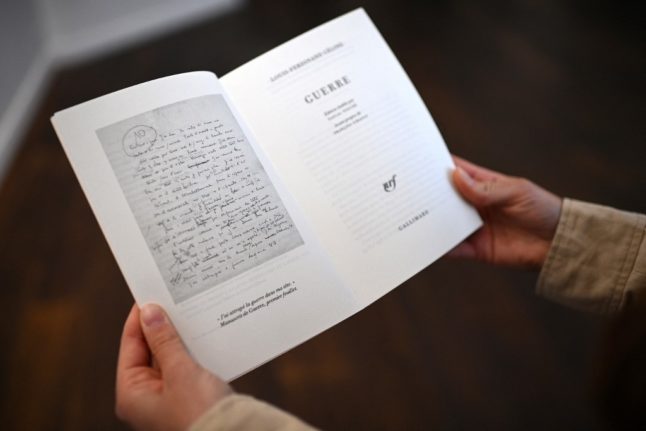The big-budget, eight-part series drawn from the Italian author's best-selling murder mystery set in the Middle Ages will be screened next year, said Orange Content, the production end of the French telecommunication giant.
Italian-American Tuturro will play the Franciscan monk William of Baskerville, who witnesses a series of macabre murders at a remote monastery in the Italian Alps.
British-born Everett, of My Best Friend's Wedding fame, will play his old enemy, an inquisitor sent from Rome to track the Pope's critics, who has Baskerville in his sights.

John Turturro will star as William of Baskerville. Photo: Mike Coppola/Getty Images/AFP
The €26 million co-production is being shot by the Italian team behind the Young Montalbano series.
French director Jean-Jacques Annaud made a film version of the book starring Christian Slater and Sean Connery in 1986.
Eco, one of Italy's most respected intellectuals, passed away in February 2016 at the age of 84. He left behind one book published posthumously, a collection of essays called Pape Satan Aleppe, a title taken from Dante's Divine Comedy.



 Please whitelist us to continue reading.
Please whitelist us to continue reading.